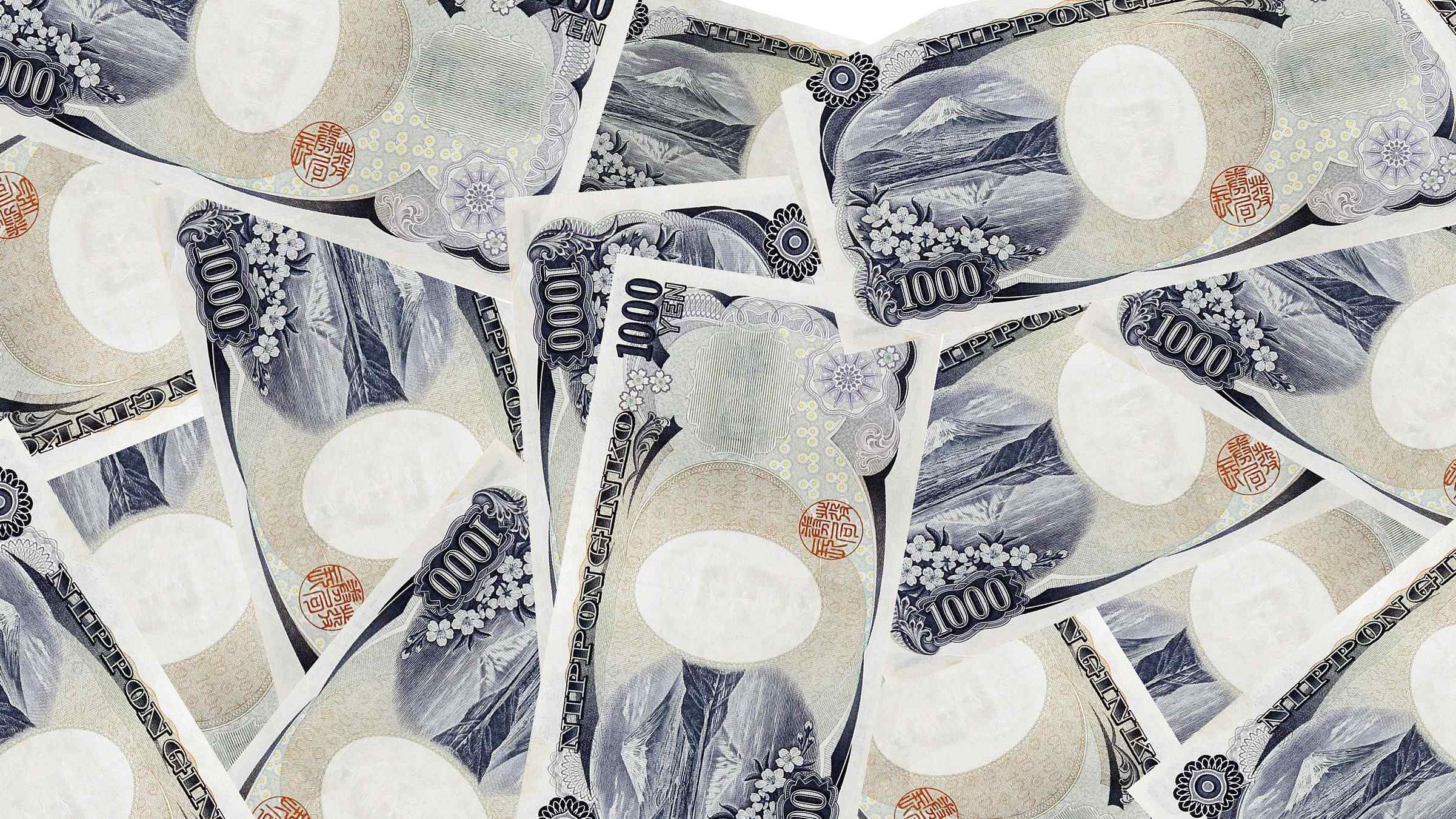
World
11:06, 26-Sep-2017
Japanese bank wants to stick with current policy, faces growing doubts
CGTN

Bank of Japan (BOJ) policymakers said they should stick with their current policy framework and had reason to be optimistic about consumer prices because measures of inflation expectations have stopped falling, minutes of the central bank’s July 19-20 meeting showed on Tuesday.
The BOJ kept monetary policy on hold at the meeting in July but pushed back the timing of its inflation target for the sixth time since Governor Haruhiko Kuroda launched quantitative easing in 2013.
Policymakers’ optimism about achieving their inflation target is unlikely to quell concern that the BOJ needs to change its policy stance because it has so far failed to boost prices.
“Most members shared the view that, although the recent developments in CPI had been relatively weak, the year-on-year rate of change was likely to continue on an uptrend and increase toward 2 percent, mainly on the back of the improvement in the output gap and the rise in medium- to long-term inflation expectations,” the minutes said.
A few members argued Japan’s jobless rate and output gap needed to improve even further to build the economic momentum needed to reach the BOJ’s 2-percent inflation target, the minutes showed.
The BOJ now expects inflation to reach 2 percent sometime in the fiscal year ending in March 2020. The BOJ has postponed the price target timeframe six times since Kuroda launched his massive asset-buying program in 2013.
The BOJ will publish new forecasts at its next meeting ending Oct. 31. The central bank could come under pressure to either ease policy further or come up with a new framework if it were to push back the timing of its price target yet again.
At a subsequent meeting on Sept. 20-21, one new member on the BOJ’s board opposed the central bank’s decision to keep monetary policy on hold, arguing that the current framework was not sufficient to generate inflation.
Source(s): Reuters

SITEMAP
Copyright © 2018 CGTN. Beijing ICP prepared NO.16065310-3
Copyright © 2018 CGTN. Beijing ICP prepared NO.16065310-3